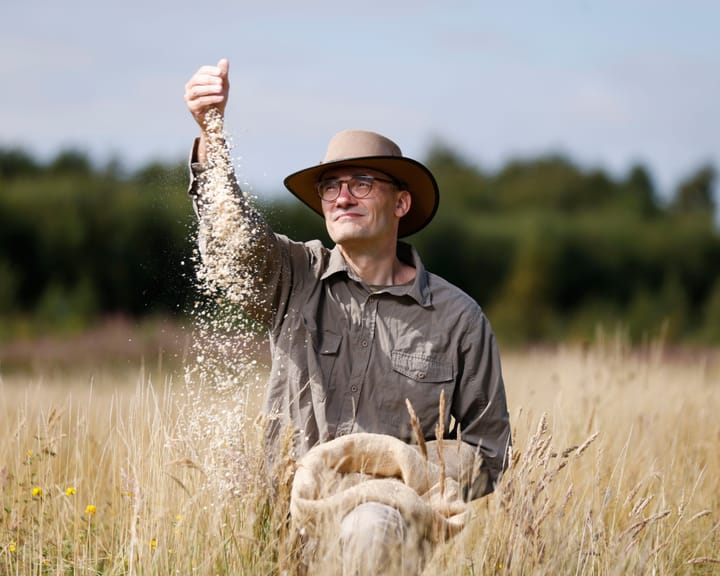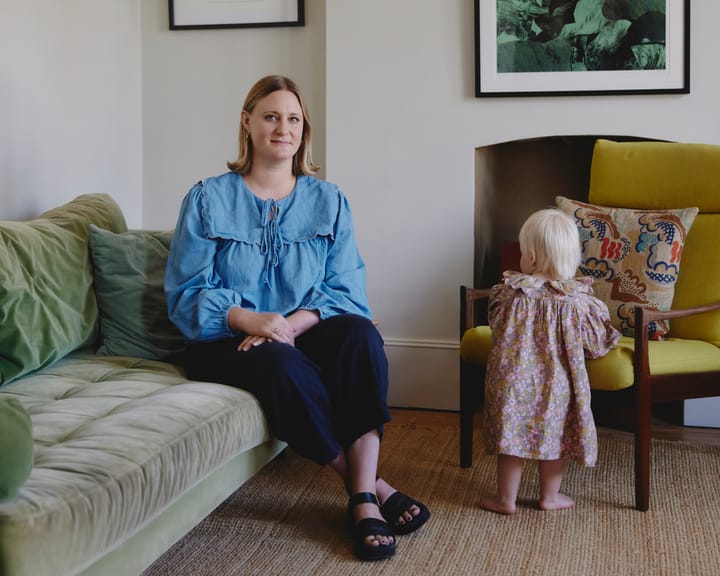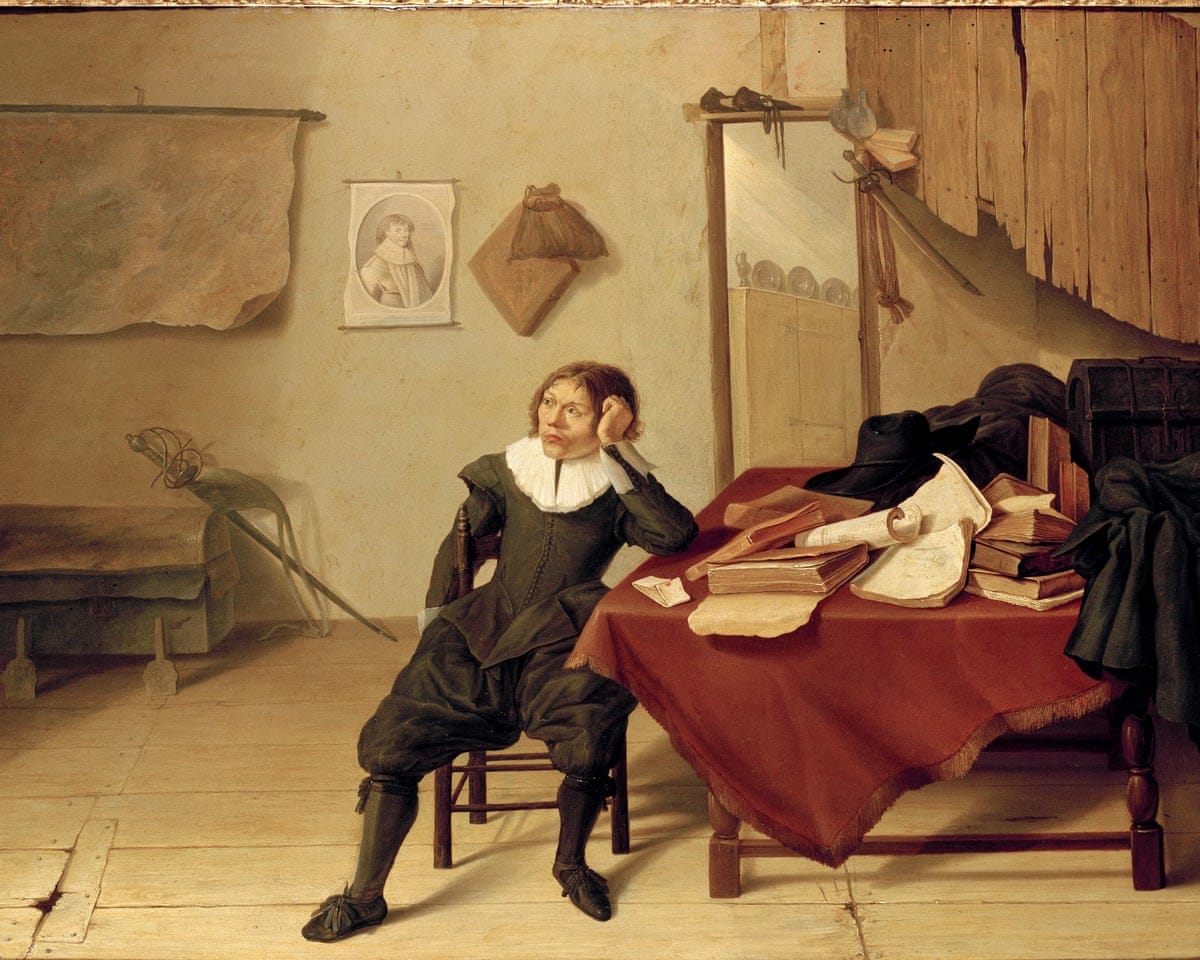Toward the end of 2024, I was diagnosed with ADHD and autism following a period of heightened stress and low mood. Initially, I believed my career—though seemingly mismatched—in finance was the cause, but I’ve since recognized that I react strongly to various external pressures.
Adjusting to life after the diagnosis has been challenging. At first, I was overjoyed, as many of my lifelong struggles seemed clarified by this inherent neurodivergence. But over time, I’ve found the world even harder to interpret, particularly in social interactions. Some people I’ve shared my diagnosis with have begun treating me differently, almost with excessive care. Before, I might have simply fumbled through certain situations, feeling out of step or disengaged. Now, I’m acutely aware of my distinctness—which is unsettling.
Do you have guidance on maintaining perspective after receiving news that reshapes how you view your life?
Eleanor responds: What does a diagnosis really tell us? You describe symptoms A through F, and the doctor identifies them as condition X. When you ask what condition X is, they explain that its defining feature is experiencing A through F. While this can be validating and freeing, it doesn’t necessarily explain why we are the way we are. Many mental health diagnoses still lack clear causative explanations. Nor does a diagnosis teach us how we perceive the world—we already knew that. The revelation lies in realizing others don’t share those experiences, but medicine relies on categorizing them to provide support, clarity, or adjustments.
Many people feel the same duality after a diagnosis: validated by finally having language for their patterns, yet isolated by the realization that those patterns aren’t common. There’s relief in understanding, but also fear that this is permanent.
You mentioned the sharp awareness of being different, like observing from outside a fishbowl.
One way to respond is to question that separation—different from whom? Many adults discover they’re autistic, have ADHD, or both; many reframe their mental experiences in new ways. There’s more awareness now than ever before. That doesn’t mean you must immerse yourself in neurodivergent communities. But as you meet others, you may find their experiences closer to yours than expected. We can never truly know another’s mind—so the distance we fear may not be as vast as it seems.
Read next

"World Porridge Champion Shares Winning Secrets"
In 2020, while on a camping trip with a friend from Sweden, we drove through Carrbridge—a village in the Scottish Highlands, roughly two hours from my home in Aberdeenshire. A sign caught our attention: "Welcome to the Home of the World Porridge Championship."
It vaguely reminded me

"Slovenia's Jezersko valley offers a perfect peaceful retreat"
I wake to the sound of church bells as sunlight fills my room and step onto the balcony to gaze at Mount Storžič. My stay, Senkova Domačija, a family-run organic farm just outside the village of Jezersko, is so charming it could be a dream—an old farmhouse with lovely

Vision: My world is veiled in perpetual snow
In February of this year, I first realized something was wrong. I was nearing the end of my maternity leave with my second child and had recently transitioned from making wedding cakes to styling food, which I enjoyed. Between caring for my children with my husband, Chris, and taking on

